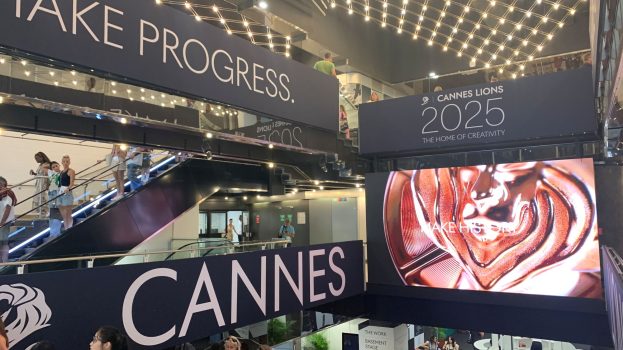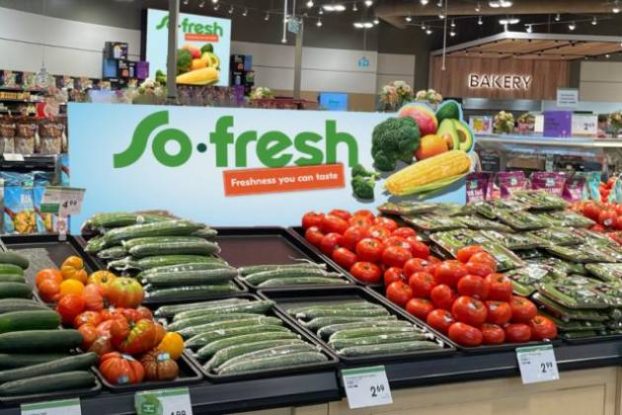
By John Bradley and Carrie Bradley
Since the pandemic began, the idea that consumers take an ethical interest in how a business treats its employees – and shift their consumption patterns accordingly – has gone from a niche theme to an accepted truth. The treatment of employees in a time of furloughing, safe working and downsizing is, of course, just one, albeit very topical, manifestation of company brand purpose in action.
While company brand purpose, particularly ethics, might have become a niche marketing tool in recent times, we believe that is yet another manifestation of the marketing discipline losing its way. The potential power of developing, executing and communicating company brand purpose has always been immense. The impacts of doing or not doing that is just now becoming more salient.
Before forming The Bradley Group three years ago, we each had corporate careers in which we experienced the two sides of the company ethics coin. John spent 17 years working for Cadbury’s U.K. division (and later was to author the company’s official history, “Cadbury’s Purple Reign”). Cadbury’s perennially lofty position in the U.K.’s favourite brands chart was built almost entirely on a platform of turning the ethical practices into consumer marketing tools.
Beginning with single-handedly developing the cocoa-growing industry in Ghana as an ethical, alternative source to the slavery-tainted plantations in the West Indies and West African islands – the company’s founder was a Quaker, a faith that was active in anti-slavery movements of the time – the company’s idyllic “Factory in a Garden” was also leveraged to help develop the Cadbury brand. The message was not that Ghanaian cocoa and the bucolic factory made the chocolate taste any better, but that they were a lot better for the people who grew and processed Cadbury’s cocoa when compared to prevailing standards. Cadbury was not leaning into the British public’s passion for ethical companies, because there wasn’t any until Cadbury’s endless communications on the subject made ethics in action both salient and relevant in brand choice.
Carrie spent 15 years working for HSBC Canada, part of one of the world’s largest and most profitable banks. HSBC wasn’t pulling a Cadbury and using its ethics and practices as overt marketing tools. Quite the opposite: the organisation exemplified the perils of falling below accepted levels of ethical practices.
As seen in an episode of the Netflix documentary Dirty Money, one relatively insignificant corporate outpost failed to prevent Mexican and Colombian drug cartels from laundering hundreds of millions of dollars through the U.S. financial system, which tarnished the whole brand globally. The $1.9 billion fine paid in 2012 to avoid prosecution was the least of HSBC’s troubles, as high net worth individuals across the globe decided their assets might be better managed elsewhere. Even those who missed the news couldn’t have missed the laborious processes imposed upon the bank’s previously well-governed Canadian organization as a result of the scandal, adding to the customer exodus. One of the many hidden costs will have been how many top-performers either left HSBC or didn’t join from elsewhere, not wishing their own personal brands to become tainted by association.
There is no doubt that the employer brand and the consumer brand are inextricably linked. COVID-19 has raised the stakes for all companies when it comes to business ethics; consumers will factor whether or not a company is looking out for its stakeholders or merely looking out for itself into their brand choices. As a marketer (or their advertiser), when was the last time you engaged with your HR function and enquired about the health of the employer brand? It could well be an early warning sign for your consumer brand health.
While marketing is primarily an outward-looking function, now is the time to look inward and discover the potential for benefit – and for harm – that lies with having – or not having – a clearly articulated, executed, monitored and measured company brand purpose across all company activities in tune with these difficult times.
 John Bradley and Carrie Bradley are managing partners of The Bradley Group.
John Bradley and Carrie Bradley are managing partners of The Bradley Group.























